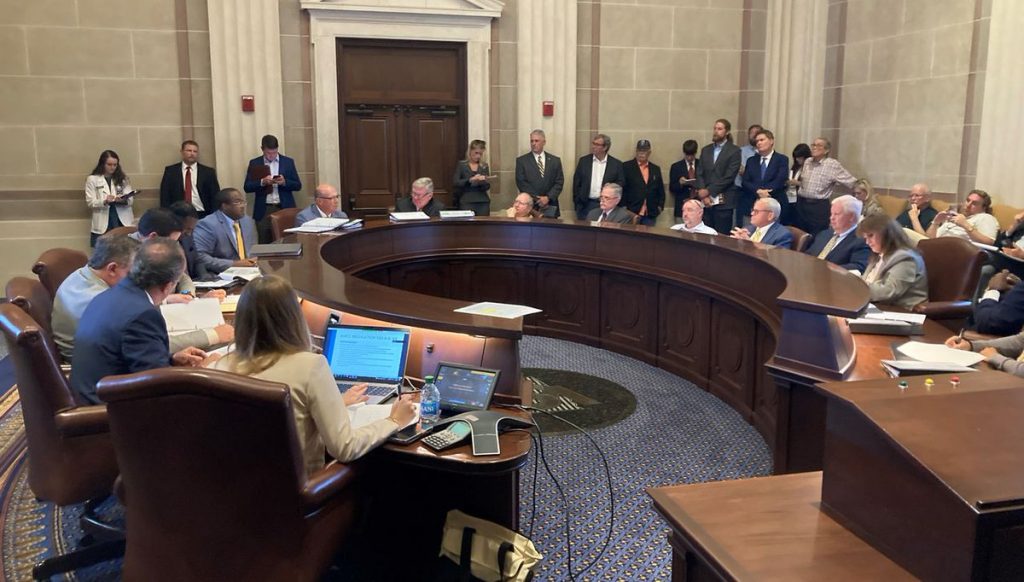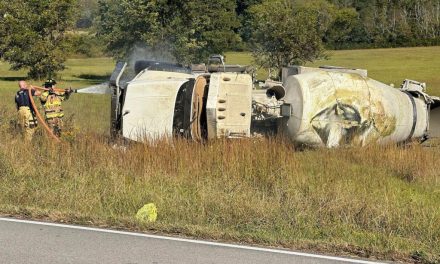By Mike Cason
Alabama’s establishment of a medical marijuana program has entered another phase, with businesses beginning to notify the state of their intention to participate in the seed-to-sale industry.
The Alabama Medical Cannabis Commission received 179 requests for applications for business licenses during the first six days after it began taking those requests Sept. 1.
Applicants can seek licenses as cultivators, processors, secure transporters, state testing labs, and dispensaries. Or they can seek licenses as integrated companies performing multiple functions.
The commission revealed the numbers at its meeting today, as well as a map showing the counties with the most requests for applications.
Jefferson County, the state’s most populous county, had the most license application requests with 28. Madison County was next with 19, followed by Montgomery County with 14, and Mobile and Tuscaloosa County with 13 each.
There were no application requests from more than 25 counties. But officials noted that it’s early in the process and the commission will continue receiving requests until Oct. 17.
The commission will send out applications on Oct. 24. Companies will have until the end of the year to submit their applications, then will have a window of opportunity next year to make revisions or corrections.
The commission will issue licenses next summer. Medical cannabis products could be available late next year or in 2024.
Alabama became the 37th state to legalize the use of cannabis products for medical purposes when Gov. Kay Ivey signed a bill into law in May 2021.
The number of requests for license applications the commission is receiving exceeds the number that it will grant. The law places a cap on the number of licenses for cultivators, processors, dispensaries, and integrated facilities.
- Cultivators: 36 requests for applications so far; commission will issue no more than 12 licenses.
- Processors: Four requests for applications so far; commission will issue no more than four licenses.
- Dispensaries: 78 requests for applications so far; commission will issue no more than four licenses. (Each licensee can have up to three dispensaries, which much be in different counties.)
- Integrated facilities: 31 requests for applications so far; commission will issue no more than five licenses. (Integrated licensees can have up to five dispensaries, which must be in different counties.
The state could have a total of up to 37 dispensaries under the initial licensing caps.
Dispensaries can only be located in cities, towns, and counties that have authorized them through a resolution or ordinance by a council or county commission.
The commission’s website lists two counties and six cities that have passed ordinances or resolutions, although officials said others might have done so and not yet notified the commission. The eight so far are Butler County, Cullman County, Cullman, Glencoe, Loxley, Montgomery, Russellville, and Tuscaloosa.
Under Alabama’s program, doctors who receive training in medical cannabis will be authorized to recommend the products for autism spectrum disorder; cancer-related pain, weight loss, and vomiting; Crohn’s Disease; depression; epilepsy or conditions causing seizures; HIV/AIDS-related nausea or weight loss; panic disorder; Parkinson’s Disease; persistent nausea; post-traumatic stress disorder (PTSD); sickle cell anemia; spasticity associated with multiple sclerosis or spinal cord injury; Tourette’s Syndrome; a terminal illness; and conditions causing chronic or intractable pain.
The products will be oral tablet, capsule, tincture, gelatinous cube, gel, oil, cream, patch, suppository, nebulizer, and liquid or oil for an inhaler. No raw plant material or products for smoking or eating will be allowed.











